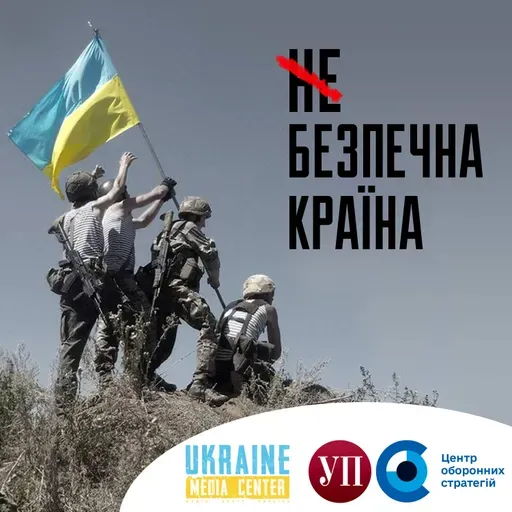
Ambassador Herbst: "Russians believe Trump can impose peace on Ukraine in favour of Putin"
(не)Безпечна Країна
"Russians greeted Trump's victory with great enthusiasm. They think that because there are people around Trump who are naive about Russia's threat to the United States, Trump will be willing to impose a peace that enables Putin to take political control of Ukraine. And so he's testing that hypothesis right now by showing no compromise. I think that the Trump team made a mistake when they criticised Biden's decision to allow Ukraine to use American weapons on Russian territory. That convinces Putin that he's right about Trump being willing to give up Ukraine. The Trump team also made a mistake when they criticised Ukraine for taking out the lieutenant general responsible for use of chemical weapons, not only in Ukraine, but in Syria. But then the Trump team also did something, I'd say, somewhat positive when they criticised Moscow's Christmas bombing of Ukraine, although they phrased it in a way that could have been stronger," said the guest of the new episode of the "(un)Safe Country" podcast.
"So, the Russians are looking at these signs and drawing, unfortunately, positive conclusions for them. And those conclusions are also not very good for Trump because Trump does not want to impose a peace which allows Putin to take over. That would demonstrate that Trump is weak and has been taken advantage of by Putin. For those reasons, I say, is Trump's desire to have a real achievement that demonstrates strength. The Russians will ultimately have to compromise. But they haven't realised that yet."
What are the elements of Trump's proposed potential agreement for Ukraine and Russia, and what leverage can the US president-elect use with both sides?
In the new episode of the "(un)Safe Country" podcast, its permanent host, Alina Frolova, talks to Ambassador John Herbst, Director of the Atlantic Council's Eurasia Centre and former US Ambassador to Ukraine. The conversation is about Trump's position on ending the war in Ukraine and what could be a beneficial deal with Russia for him, about the critical mistakes of the Biden administration and Trump's ability to correct them, about the role of the US in the international arena shortly, about possible US attention to China, about how strong and important the European voice will be for Trump and which European leaders he might hear, as well as about possible scenarios for 2025, including for Ukraine.